The New Zealand Public Service AI Framework: Implications for Māori and Pacific Peoples
The New Zealand Public Service AI Framework: Implications for Māori and Pacific Peoples
The New Zealand Government has taken a major step towards ensuring the responsible use of Artificial Intelligence (AI) across the Public Service through its new Public Service AI Framework. This framework guides government agencies on how to develop, deploy and use AI in a way that aligns with public service values and legal obligations. While it’s not legally binding, the framework sets out clear expectations for AI governance and transparency, particularly around its impact on Māori and Pacific communities.
Key Aspects of the Public Service AI Framework
The framework is designed to provide:
A vision for AI use in the Public Service, aiming for responsible adoption to modernise services and improve outcomes for New Zealanders.
Five core principles (inclusive, sustainable development; human-centred values; transparency and explainability; safety and security; and accountability).
Alignment with existing laws and policies, including Te Tiriti o Waitangi (The Treaty of Waitangi).
Six key pillars that focus on governance, capability building, social licence, and global AI partnerships.
Given all of the above, it’s important to assess how the framework will impact Māori and Pacific peoples, who’ve historically faced challenges with digital equity, data sovereignty and representation in technology-driven decision-making processes.
What does this Government AI Framework mean for Māori and Pacific Peoples?
1. Data Sovereignty and Indigenous Rights
The AI Framework acknowledges the importance of using AI lawfully and in accordance with New Zealand’s existing laws and policies, including Te Tiriti o Waitangi. However, the issue of Māori data sovereignty remains a key concern. Māori communities and organisations, including the Māori Data Sovereignty Network, have long advocated for greater control over how data about Māori is collected, stored and used.
AI-driven decision-making systems rely heavily on data, and if these systems aren’t designed with input from Māori, they could perpetuate biases or fail to accurately reflect Māori perspectives. The framework must therefore ensure that AI applications involving Māori data adhere to the principles of rangatiratanga (self-determination) and mana motuhake (autonomy).
2. Digital Equity and Accessibility
Pacific and Māori communities have historically experienced disparities in digital access, education and workforce representation. The AI Framework highlights the need to build AI-related skills and knowledge, but there must be targeted investment in AI education and digital literacy for Māori and Pacific peoples. Without such efforts, the risk of AI-driven exclusion increases, particularly in areas such as healthcare, education, and employment where AI tools are increasingly being used to allocate resources.
3. Algorithmic Bias and Fairness
AI systems must be transparent and accountable to prevent biases that may disproportionately impact Māori and Pacific communities. Algorithmic decision-making in government services—such as welfare distribution, policing, and immigration—must be rigorously tested for fairness.
For example, overseas studies have shown that predictive policing AI can disproportionately target ethnic minorities due to biased training data. To avoid such outcomes in New Zealand, public service agencies must apply rigorous testing and validation to AI models to prevent discrimination against Māori and Pacific peoples.
4. Representation in AI Governance and Development
The AI Framework encourages collaboration and stakeholder engagement, but it’s crucial that Māori and Pacific communities are meaningfully involved in decision-making processes around AI policy and governance. This includes:
Ensuring Māori representation in AI ethics boards and governance bodies.
Supporting Māori-led AI initiatives that align with tikanga Māori principles.
Encouraging Pacific voices in AI discussions to ensure culturally appropriate solutions.
5. Trust and Social Licence
Public confidence in AI technologies is essential, particularly when dealing with sensitive personal data. For Māori and Pacific peoples, trust in government technology initiatives has historically been strained due to past breaches of privacy and misuse of data. To address this, AI implementation must prioritise openness, consultation, and cultural competency.
The framework’s “social licence” pillar is a positive step, but government agencies must actively build relationships with Māori and Pacific leaders to ensure that AI is developed in a way that aligns with cultural values and aspirations.
Moving Forward: What Needs to Be Done?
While the Public Service AI Framework provides a foundational structure for AI governance, there is still work to be done to ensure it delivers equitable outcomes for Māori and Pacific peoples. Here are some key steps that should be prioritised:
Co-design AI policies with Māori and Pacific communities to ensure tikanga (customary practices) and cultural values are embedded in AI decision-making.
Invest in AI education and digital upskilling for Māori and Pacific peoples to increase participation in AI development and governance.
Strengthen data sovereignty protections to allow Māori control over how their data is collected, stored, and used.
Conduct independent audits of government AI systems to ensure fairness and prevent biases that could harm Māori and Pacific communities.
Increase transparency in AI decision-making by making AI models used in public services open to scrutiny by independent experts, including those from Māori and Pacific backgrounds.
Conclusion
The New Zealand Public Service AI Framework is a positive step towards responsible AI use in government, but it must go beyond high-level principles and actively address the specific needs of Māori and Pacific communities. Without meaningful engagement, targeted investment, and robust safeguards, there is a risk that AI could reinforce existing inequalities rather than improve outcomes for all.
By embedding Te Tiriti o Waitangi principles, prioritising data sovereignty, and ensuring inclusive AI governance, the framework has the potential to set a global standard for equitable and ethical AI use. The challenge now is to turn these commitments into action and ensure that the future of AI in New Zealand is one that truly serves all its people.
The Culture and Design Lab empowers workplace leaders to create social cohesion at work. We use indigenous knowledge, design, and strategy to foster inclusion and belonging in the workplace.
